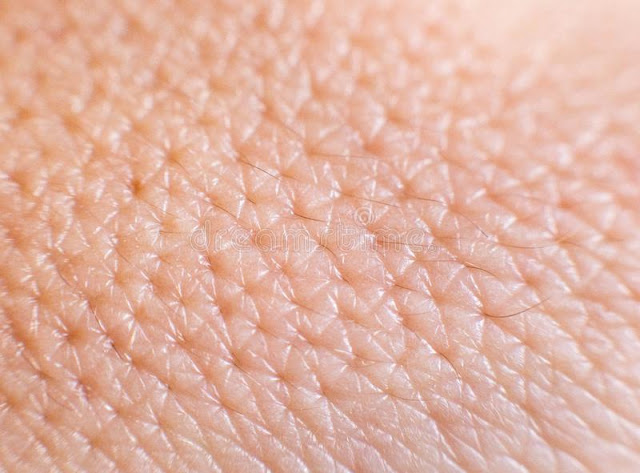The Amazing Benefits of Moringa for Your Body
Moringa has taken the health food industry by storm, and it’s easy to see why. It’s packed with vitamins, minerals, amino acids, essential fatty acids, and so much more! This amazing plant might not be as well-known as kale or spinach, but it deserves to be on the top of your grocery list when you go shopping! Check out these amazing benefits of moringa and start adding it to your daily diet today!
Improves digestion
A 2005 study found that moringa helped to inhibit lipid peroxidation (stress-induced damage to your cells) and aflatoxin (produced by mould in certain foods) activity. And, what’s more, moringa possesses antibacterial, antifungal and antiviral properties. These properties help with digestion, an obvious benefit. But moringa can also prevent leaky gut syndrome—an autoimmune disorder where toxins can pass through intestinal walls and into the bloodstream. In addition, studies have found it helps fight against diabetes and other autoimmune disorders that target digestive function like celiac disease.
Stabilizes blood sugar levels
The high-fibre content in moringa regulates blood sugar levels, which helps prevent crashes and cravings later on. The same fibre also fills you up and prevents overeating, so you can lose weight without struggling to stick to a diet or feeling deprived. One study found that people who added more fibre to their diet lost about 5 pounds over 6 months. When it comes to weight loss, getting enough dietary fibre is essential!
Boosts immune system
The leaves, seeds and even roots of moringa contain high amounts of vitamin C and antioxidants that support a healthy immune system. This helps your body fight off viruses, bacteria and parasites. Vitamin C also boosts collagen production to help keep your skin clear and smooth. Add in vitamins A, B1, B2, calcium and iron as well as an abundance of amino acids—which are essential to muscle development—and you’ve got yourself one powerful plant!
Contains antioxidants
The leaves and pods are full of a wide variety of vitamins, including Vitamins A, C, E and K. And that’s just a few. There are also minerals like zinc, potassium and calcium. Moringa contains 21 different amino acids—more than any other food known to man! And it has more protein than tofu or even meat per calorie.
Protects skin from ultraviolet rays
The dark green leaves of moringa have a high amount of chlorophyll, which is great for giving your skin a nice glow. It also absorbs damaging UV rays from sunlight and protects your skin from sunburn and premature ageing. There are even studies underway looking at whether moringa could be used to treat melanoma.
Helps with joint pain
While most people think that joint pain is a part of ageing, it doesn’t have to be. In fact, due to changing diets and lifestyles—especially eating a Western-style diet rich in fats and sugars—joint pain is on the rise among younger people. A growing body of research shows that moringa helps keep your joints strong by supporting healthy cartilage production. Moringa also reduces inflammation, which can help ease arthritis symptoms like stiffness and swelling.
Gives energy all day long
The green, leafy vegetable is packed with B vitamins, which help your body convert food into energy. The vitamins also help turn food into glucose and release it slowly into your bloodstream to sustain energy all day long. You’ll want to consume moringa tea or an extract supplement each morning if you want a quick boost of energy that lasts throughout your day.
Improves mental performance
It’s no secret that protein is a crucial part of overall health. The brain, comprised largely of protein, is responsible for sending signals to every single one of your body’s cells. With so much on its plate, it’s important to keep your brain running smoothly. Luckily, moringa oleifera contains eight essential amino acids that are necessary to keep your mental performance sharp and active. This green superfood contains an impressive 2% protein content by weight—so get to cooking!









Comments
Post a Comment